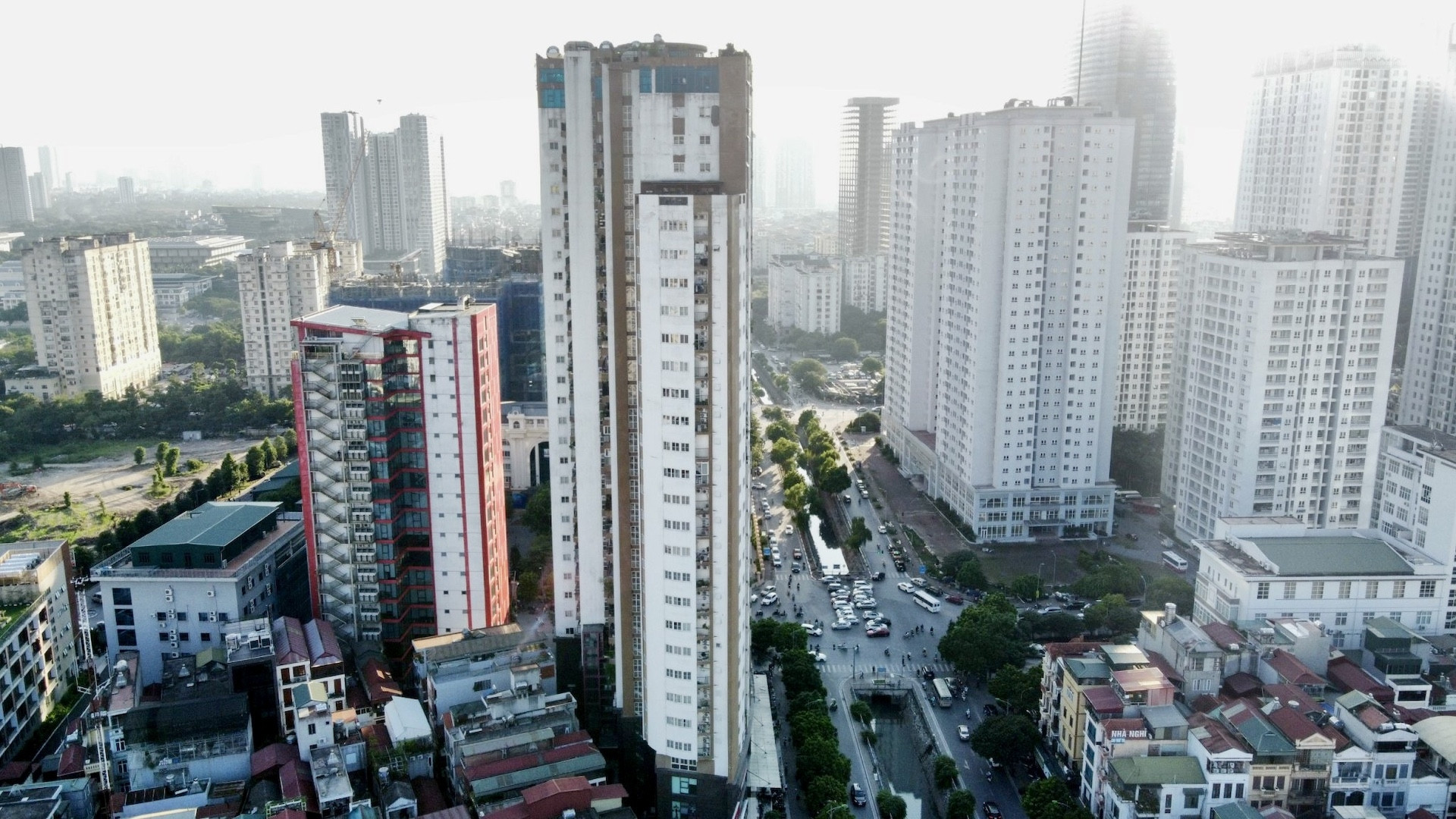
Real estate experts with 15 years of experience are surprised by the surge in suburban apartment prices in Hanoi, which have reached 60-70 million VND ($2,500-$2,900) per square meter. Given the current average salary, workers find it challenging to afford these homes, even with bank loans.
Speculation drives real estate prices
At a workshop entitled "Removing obstacles, promoting real estate market development" on July 5, Le Van Binh, Deputy Director of the Land Department (Ministry of Natural Resources and Environment), noted that besides genuine buyers, there are investors who already own homes but continue to buy for investment purposes. This behavior, coupled with limited market supply, pushes prices higher.
Nguyen Quoc Khanh, Vice President of the Vietnam Real Estate Brokers Association, highlighted the difficulty for average and low-income earners to access housing due to soaring apartment prices. "The price of suburban apartments has now reached 60-70 million VND per square meter, something I didn't expect in my 15 years in the industry," he said, adding that with the current average salary, workers struggle to cover bank loan interest for such homes.
Do Viet Chien, Executive Vice President of the Vietnam Real Estate Association, compared Vietnam's housing prices to those in Singapore and Hong Kong, noting that while lower, they are still too high relative to the average income in Vietnam.
Market observations
Recent market observations indicate that although interest in apartments has cooled, prices have not dropped as expected by many. Studies show that only high-end and ultra-luxury apartments have been available in Hanoi and Ho Chi Minh City in the first half of the year, with prices starting at 50 million VND per square meter.
Most successful transactions have occurred in the high-end segment, revealing a supply-demand imbalance as affordable apartments are scarce. Experts at the workshop pointed out that limited supply and the dominance of high-end products have contributed to the price surge since the beginning of the year.
According to the Vietnam Real Estate Brokers Association, the real estate supply has significantly decreased since 2018. The national supply was about 180,000 units in 2018, but it has continuously declined, with only 55,000 units available in 2023, roughly 30% of the 2018 level.
Addressing legal and supply issues
Experts at the workshop suggested that resolving legal issues and boosting supply are key to addressing long-standing housing market problems. Nguyen The Diep, Vice President of the Hanoi Real Estate Club, recommended shortening project approval times and simplifying procedures to increase housing supply.
Do Viet Chien noted that the government has acknowledged the market imbalance and approved a plan to build 1 million social housing units. Effective implementation of this plan is crucial to alleviating the supply shortage.
Vuong Duy Dung, Deputy Director of the Housing and Real Estate Market Management Department (Ministry of Construction), acknowledged the prolonged challenges of scarce supply, rising prices, and lack of affordable housing. He mentioned that the Ministry of Construction has completed detailed decrees guiding the Land Law, ready for government approval once the law takes effect. Additionally, five decrees drafted by the ministry are set for implementation alongside the new Housing and Real Estate Business Laws starting August 1.
Hong Khanh